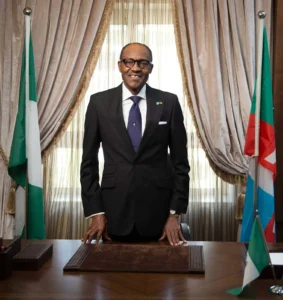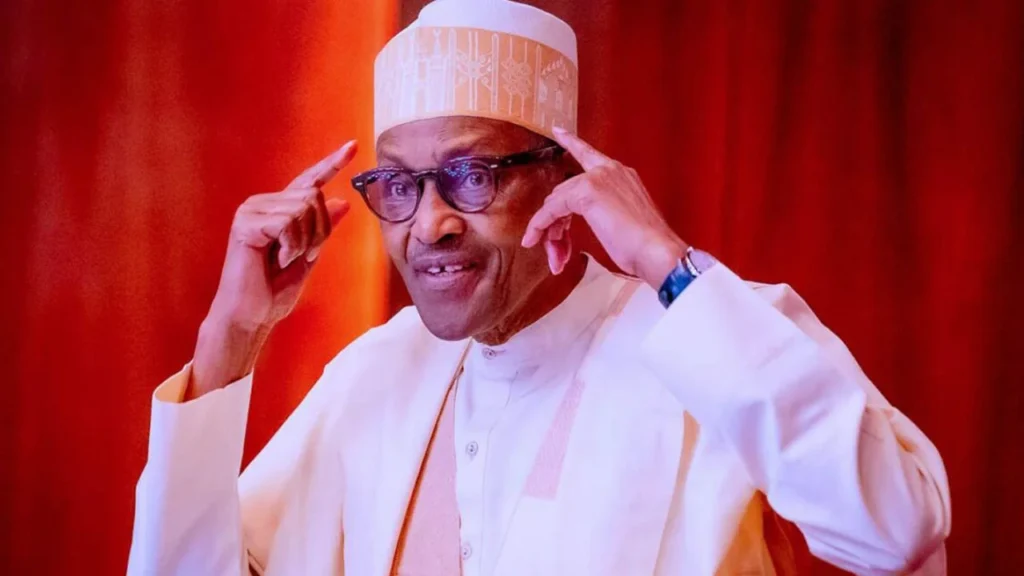As economic hardship deepens across Nigeria, the Presidency has appealed to the public to avoid solely blaming former President Muhammadu Buhari for the country’s struggles. Officials argue that the current economic situation stems from a mix of global disruptions, past policy failures, and deep-rooted structural issues that long predated Buhari’s administration.
They emphasized that Buhari inherited an unstable economy marked by excessive debt, a weak currency, an unsustainable subsidy system, and heavy reliance on imports. In their view, his government took necessary, though painful, steps to correct these long-standing problems.
Emphasizing Reforms and Structural Changes
In defense of Buhari’s eight-year leadership, the Presidency outlined major achievements across several sectors. Key reforms included:
-
The implementation of the Treasury Single Account (TSA), which centralized government revenue and significantly reduced financial leakages.
-
Extensive investments in infrastructure, including transportation networks, power projects, housing developments, and fertilizer production.
-
Efforts to tackle corruption through the recovery of looted funds and removal of ghost workers from the civil service payroll.
Officials also praised the boost in local agricultural production, particularly rice farming, under the Anchor Borrowers Scheme. They stated that such reforms helped reduce food imports and improved food security, despite the current inflationary pressure.

Explaining Inflation and Currency Troubles
With inflation reaching record highs, particularly in food and energy prices, the Presidency maintained that Nigeria was not alone. Global inflation, driven by the COVID-19 pandemic and disruptions to global supply chains, had affected many economies.
The government also defended the Central Bank’s efforts to maintain the value of the naira, noting that over $1.5 billion per month was spent during Buhari’s second term to support the currency. They argued that these actions helped prevent deeper economic instability.
Currency Redesign: Tough but Necessary
In early 2023, the Buhari administration introduced a currency redesign policy aimed at curbing corruption, limiting vote-buying during elections, and controlling inflation. However, the rollout led to severe cash shortages, long queues at banks, and widespread frustration.
Buhari acknowledged the hardship caused by the policy but insisted it was essential to cleanse the financial system. He extended the circulation period for some old notes and blamed poor implementation and hoarding by banking officials for the disruption.
Acknowledging the Pain, Asking for Patience
Despite defending the administration’s policies, the Presidency recognized the suffering many Nigerians faced. Buhari issued public apologies for power outages and fuel shortages, noting that certain policies caused temporary discomfort but were intended to deliver long-term benefits.
Government spokespeople urged citizens to be patient, arguing that transitioning away from debt-fueled subsidies and economic dependency would take time but was in the country’s best interest.
Critics Reject Excuses, Demand Accountability
Not all agreed with the Presidency’s position. Critics, including past leaders and economic experts, accused the administration of failing to act swiftly during key moments, especially during the 2016 recession. They also blamed excessive borrowing and continued reliance on fuel subsidies for weakening Nigeria’s economic foundation.
As prices surged and poverty levels increased, protests grew across the country. Many Nigerians felt left behind by reforms that they believed lacked safety nets and social support systems.
By 2024, reports indicated that over 30 million citizens faced severe food insecurity, with both rural and urban communities demanding immediate relief from the government.
Public Response: Anger and Protests Mount
While the Presidency asked for understanding, street protests and online campaigns revealed deep dissatisfaction. Movements calling for better governance and economic justice gained strength, particularly among the youth.
Civil society groups and opposition figures argued that Buhari’s administration failed to adequately protect vulnerable populations during tough reforms, leaving millions worse off.
A Divided Legacy as Nigeria Moves Forward
As Nigeria transitioned to a new administration in 2023, Buhari’s legacy remains a topic of fierce debate. While his supporters cite transparency, infrastructural progress, and anti-corruption efforts as key wins, critics highlight rising poverty, poor implementation of reforms, and a lack of meaningful economic relief for the average Nigerian.
Ultimately, the true impact of Buhari’s policies may only become clear in the years ahead, depending on how future administrations build on or reverse the foundations he laid. What remains certain is that for many Nigerians, the pain of economic hardship is deeply felt, and the demand for solutions has never been more urgent.







